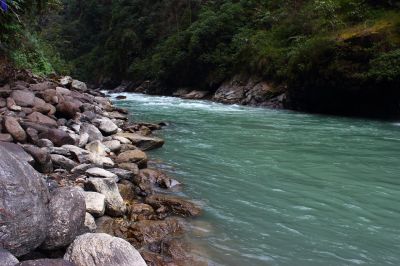
New research is set to boost agricultural business development between the EU and India through wastewater treatment and reduced water use.
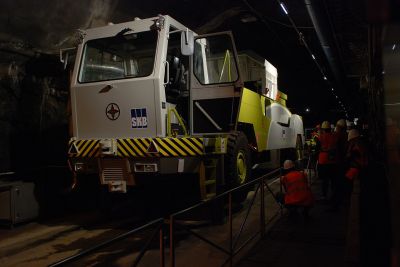
Researchers are conducting tests around Europe on five different solutions for sealing off geological radioactive waste storage facilities.

Small power stations are nothing new, but in the past they tended to use a lot of energy. An EU-funded project sought to build a more efficient and cheaper microgeneration system that should enable end users to substitute regular boilers once and for all.

As an energy carrier, hydrogen inspires a lot of enthusiasm and more than a little wariness. An EU-funded project addressed safety issues related to the use of hydrogen technologies.
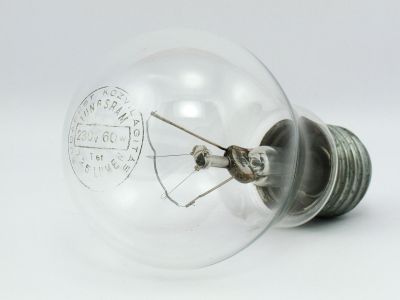
Researchers have taken the first steps towards a new generation of fuel cell that is more stable and durable than its predecessors
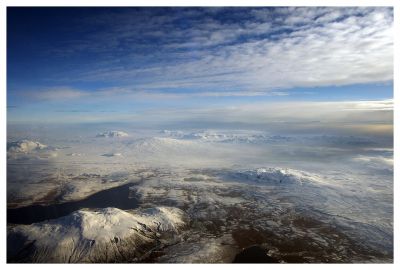
An EU-funded project broke down the boundaries amongst research institutions in atmospheric chemistry, offering access to the network facilities to a wider range of researchers.
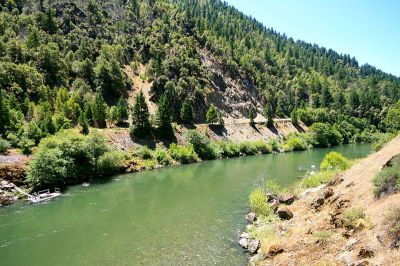
Researchers have developed models of rivers and streams that will improve the management and conservation of riverine ecosystems in the Mediterranean.
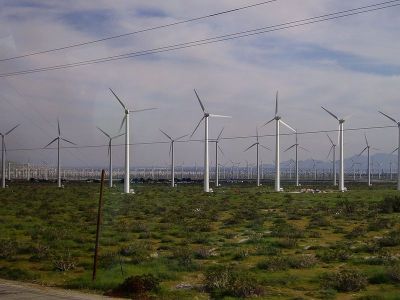
Renewable energy resources (RES) such as wind, solar, hydro, geothermal and biomass can significantly offset the world's demand for fossil fuel-derived electricity. A new EU study points the way to expansion of current networks to efficiently integrate RES.
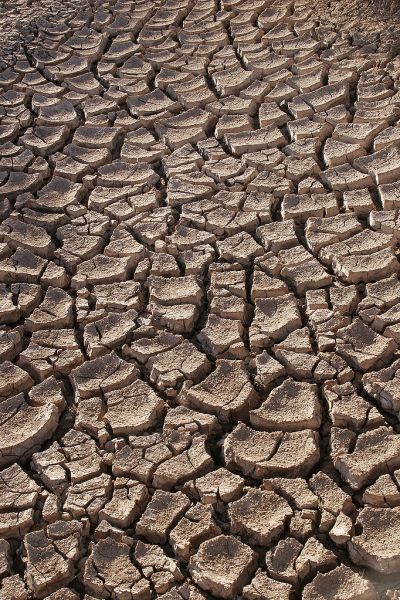
The next generation of multi-skilled climate experts will soon be able to tackle the intricate challenges of climate science from different angles.
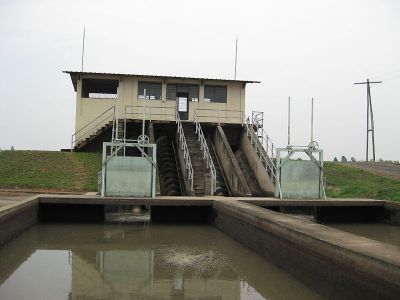
Researchers are working on bioreactor systems that can remove recalcitrant pollutants from water, converting it into biomass for biodiesel production.
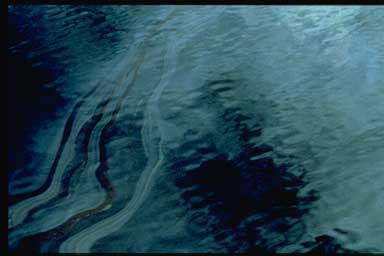
Scientists are developing bio-based products to detect, monitor and detoxify marine oil spills in an eco-friendly way.
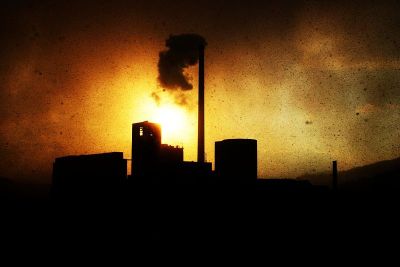
Researchers have gained new insights into sources of carbon-based aerosols that intensify the impact of climate change in the Arctic.

How forests respond to climate change varies between different regions of the world. EU-funded scientists investigated how a changing climate affects primary temperate forests in southern South America (SSA).
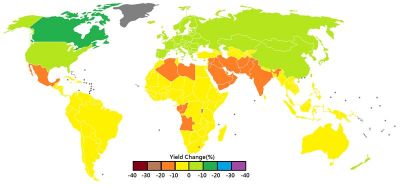
Geo-engineering, ways of modifying Earth's environment via technological tools to control global warming, is gaining steam in tackling the climate emergency. An EU initiative gathered researchers to contribute to the state of the art.

A recent training programme for young researchers has yielded several interesting results in the field of climate change modelling.
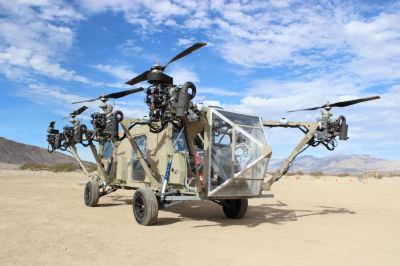
Rotorcraft engines are becoming more electric for greater efficiency and safety. Powering these electrical systems with waste heat conversion will ensure sustainability.
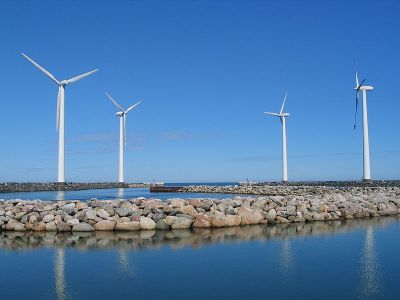
Europe is committed to becoming a highly energy-efficient, low-carbon economy by setting ambitious goals for climate and energy by 2020. An EU initiative is looking at ways to meet the growing demands in electricity production and consumption.
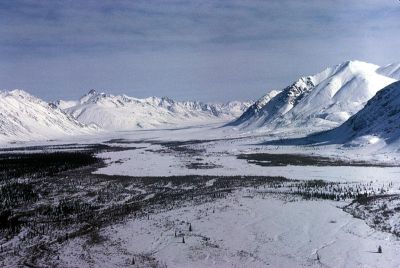
Researchers have shown for the first time how Arctic rivers are transporting vast quantities of organic carbon into the oceans. This process occurs as the permafrost melts, which is due to climate change.
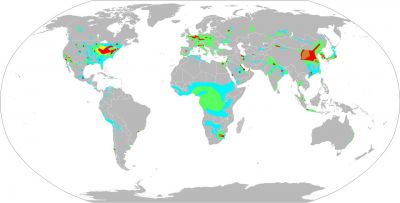
A research network is being set up between Chinese and EU research institutions to advance our knowledge of air quality and climate change.
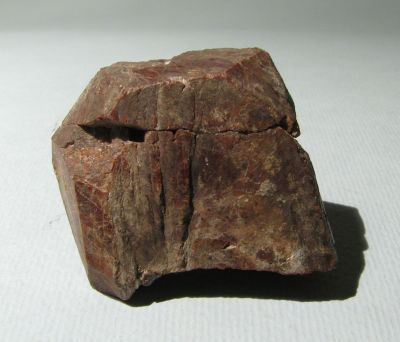
New studies into the chemistry of thorium have brought scientists closer to using it as an alternative to uranium in the production of nuclear energy.
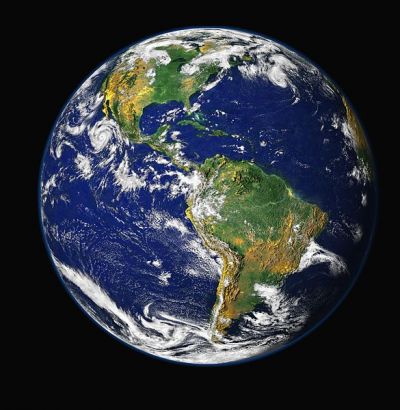
An EU study worked to determine the role of atmospheric aerosols in climate processes. Satellite data show the distribution of atmospheric particle sizes, facilitating constant monitoring, issue of warnings, and better understanding of the dynamics.
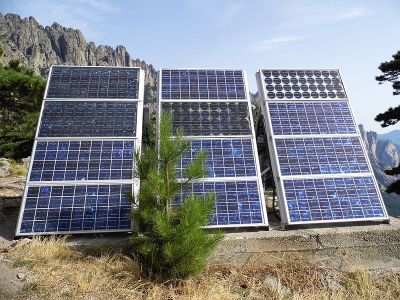
Combustion of fossil fuels for the heating, cooling and electricity needs of a large factory produces substantial emissions and detrimental impact on the environment. Harnessing thermal energy from the Sun may soon be a cost-effective alternative.
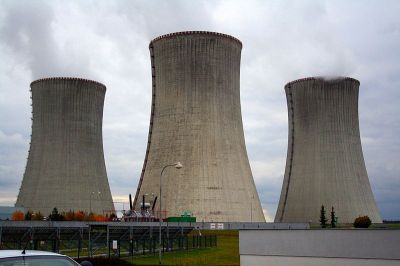
For radionuclides at trace concentrations, there can be a very gradual and slow transition from reversible surface sorption to irreversible incorporation into solids. A new EU-funded study has shed important light on such mechanisms.

Researchers are tackling wastewater quality by redesigning treatment systems and providing policymakers with better information.
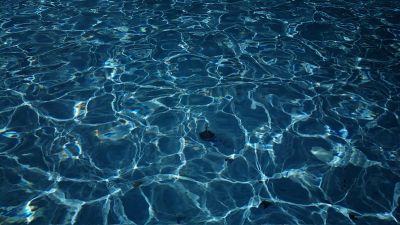
EU-funded scientists developed new material approaches to improve the photocatalytic capability of titanium dioxide (TiO2). The developed thin-film catalysts are decontaminating water more efficiently.
























